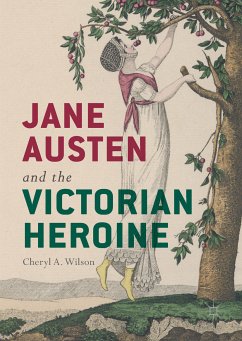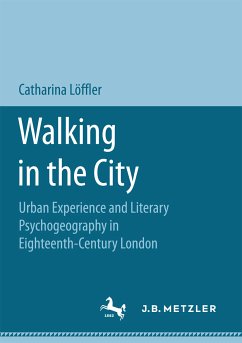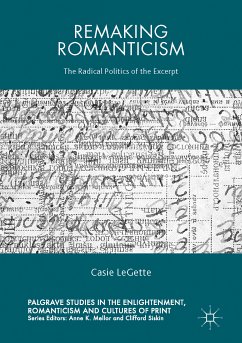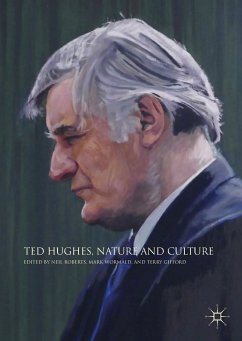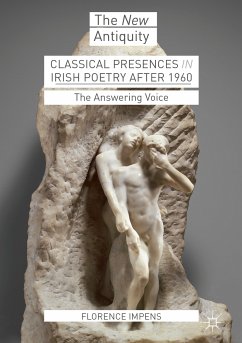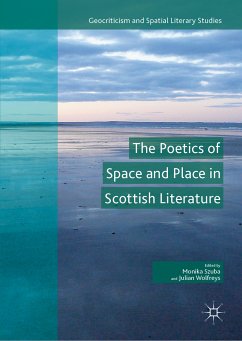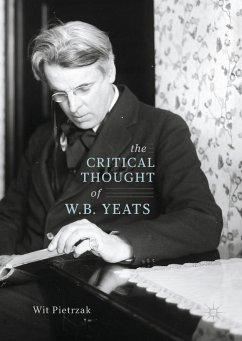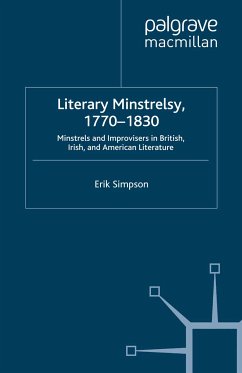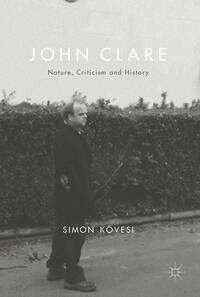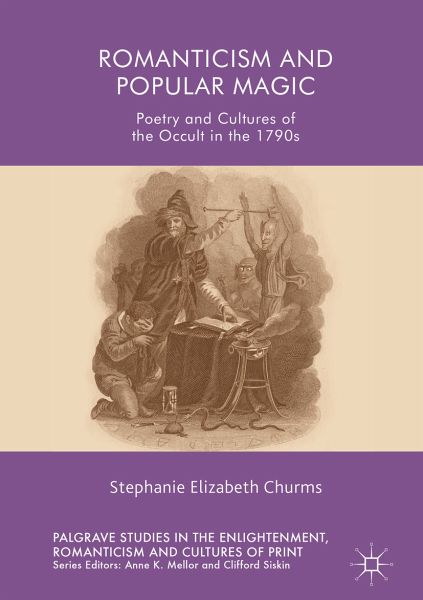
Romanticism and Popular Magic (eBook, PDF)
Poetry and Cultures of the Occult in the 1790s
Versandkostenfrei!
Sofort per Download lieferbar
64,95 €
inkl. MwSt.
Weitere Ausgaben:

PAYBACK Punkte
32 °P sammeln!
This book explores how Romanticism was shaped by practices of popular magic. It seeks to identify the place of occult activity and culture - in the form of curses, spells, future-telling, charms and protective talismans - in everyday life, together with the ways in which such practice figures, and is refigured, in literary and political discourse at a time of revolutionary upheaval. What emerges is a new perspective on literature's material contexts in the 1790s - from the rhetorical, linguistic and visual jugglery of the revolution controversy, to John Thelwall's occult turn during a period o...
This book explores how Romanticism was shaped by practices of popular magic. It seeks to identify the place of occult activity and culture - in the form of curses, spells, future-telling, charms and protective talismans - in everyday life, together with the ways in which such practice figures, and is refigured, in literary and political discourse at a time of revolutionary upheaval. What emerges is a new perspective on literature's material contexts in the 1790s - from the rhetorical, linguistic and visual jugglery of the revolution controversy, to John Thelwall's occult turn during a period of autobiographical self-reinvention at the end of the decade. From Wordsworth's deployment of popular magic as a socially and politically emancipatory agent in Lyrical Ballads, to Coleridge's anxious engagement with superstition as a despotic system of 'mental enslavement', and Robert Southey's wrestling with an (increasingly alluring) conservatism he associated witha reliance on ultimately incarcerating systems of superstition.
Dieser Download kann aus rechtlichen Gründen nur mit Rechnungsadresse in A, B, BG, CY, CZ, D, DK, EW, E, FIN, F, GR, HR, H, IRL, I, LT, L, LR, M, NL, PL, P, R, S, SLO, SK ausgeliefert werden.




